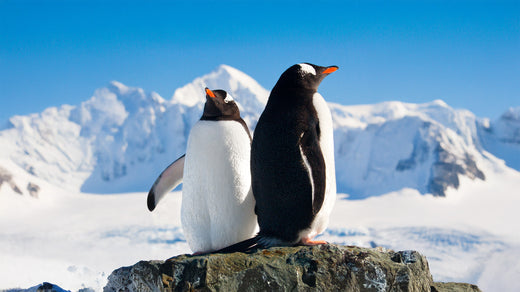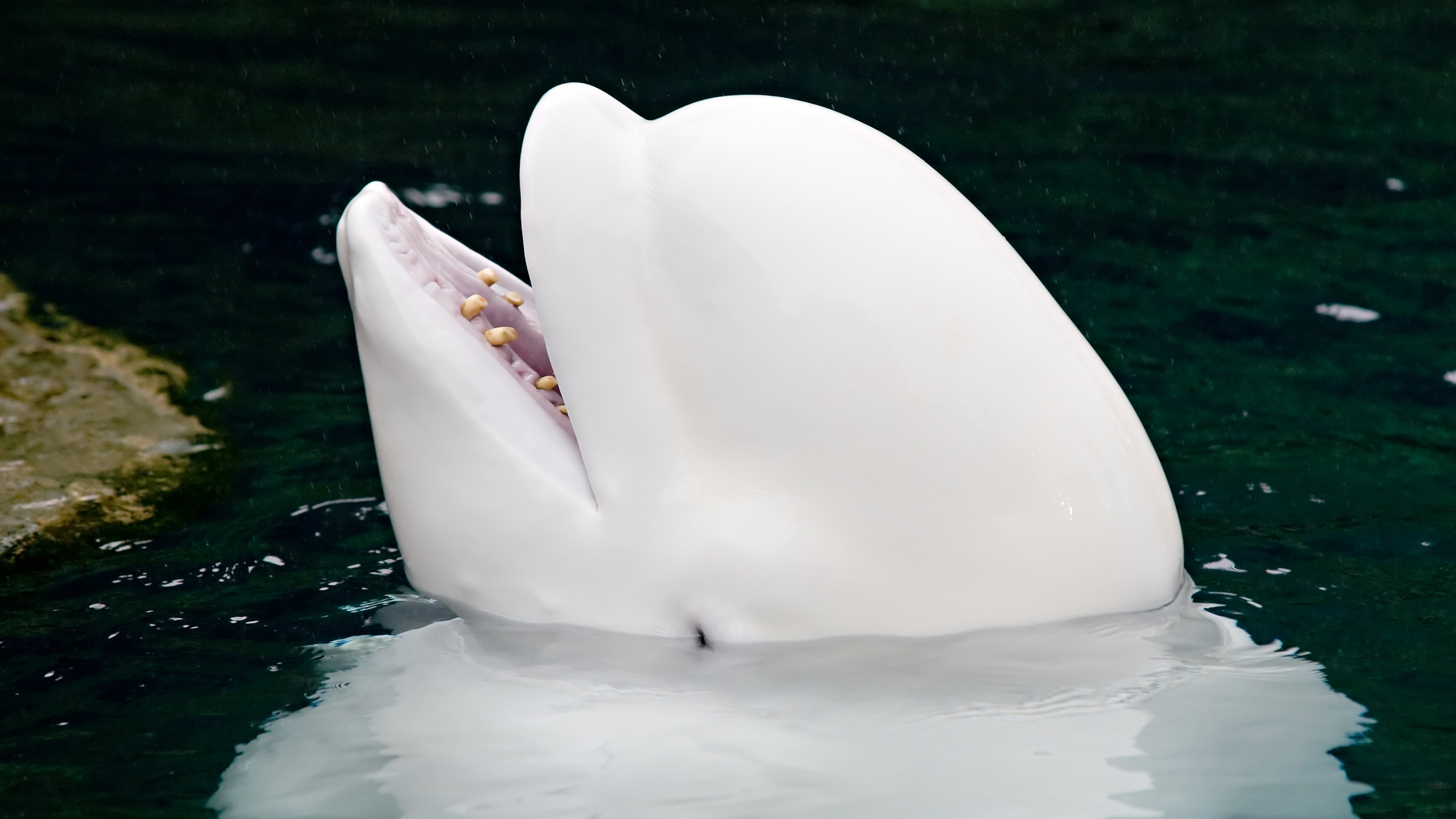7 MIN READ
07-01-2025
Sharks: Apex Predators and Ocean Protectors
Henry Bliss, 4ocean Story Producer
Misunderstood, Vital, and on the Brink
Feared by many and misunderstood by few, sharks are among the most important and endangered animals in the ocean. They’ve patrolled the seas for over 400 million years, long before the first dinosaurs roamed the Earth.
But today, sharks face their greatest threat: us.
In this Creature of the Month feature, we take a closer look at what makes sharks so essential to ocean health, the global threats pushing them toward extinction, and how conservation efforts in locations like Florida and Indonesia are working to turn the tide.


Bracelet of the Month:
2025 Shark Bracelet
Pull 1 Pound of Trash From The Ocean With Our Limited Edition 2025 Shark Bracelet. Only Available July 2025!
Shop Now - Clean the OceanWhat Is a Shark?
Sharks are a diverse group of cartilaginous fish with more than 500 known species—from the massive whale shark to the tiny dwarf lanternshark. They’ve evolved into nearly every marine habitat on Earth, occupying a range of ecological roles.
Unlike bony fish, sharks have skeletons made of cartilage, multiple rows of teeth, and highly developed sensory systems. Their bodies are built for survival and precision. But despite their adaptations, many species can’t keep up with the pace of human exploitation.

What Do Sharks Provide?
Sharks are not just apex predators, they’re keystone species whose presence helps stabilize entire ecosystems.
- Top-Down Regulation: By preying on the sick and weak, sharks maintain the balance of marine food webs.
- Healthy Coral Reefs: Sharks keep mid-level predator populations in check, which helps protect reef fish diversity and coral resilience.
- Oceanic Health Indicators: A healthy shark population is a strong sign of a thriving ocean.
- Eco-Tourism: Shark diving brings millions in revenue to local economies, offering a sustainable alternative to extractive industries.

Where Are Shark Found?
Sharks are found in nearly every corner of the ocean, from shallow coastal waters to the deep, open sea. Some major regions include:
- Florida’s Coastline: A migration corridor and nursery for species like blacktip and tiger sharks.
- Indonesia: One of the most shark-diverse countries on Earth, home to both threatened species and emerging conservation zones.
- South Africa, the Maldives, and Australia: Hotspots for reef, pelagic, and great white sharks.
Many species are highly migratory, traveling thousands of miles across oceans each year.

Why Sharks Matter to Humans
Sharks are essential not only to ocean ecosystems but also to human communities:
- Food Web Balance: Removing sharks disrupts the natural order, often causing cascading effects on fisheries and reefs.
- Economic Opportunities: Shark tourism generates sustainable income in coastal regions.
- Medical Research: Shark immune systems and cartilage are studied for breakthroughs in human health.
- Cultural Signifance: In many cultures, sharks are revered as spiritual guardians and symbols of strength.

What Threatens Sharks?
Sharks are among the most threatened marine animals today. The main drivers:
- Overfishing and Finning: An estimated 100 million sharks are killed each year, many solely for their fins.
- Bycatch: Turtles often mistake plastic bags and debris for jellyfish, a favorite food, leading to injury or death.
- Plastic Pollution: Sharks can ingest plastic directly or consume prey contaminated with microplastics.
- Habitat Loss: Coastal development and coral reef degradation reduce critical shark habitats like nurseries and feeding grounds.
- Slow Reproduction: Most sharks grow slowly, mature late, and produce few offspring. This makes population recovery difficult once numbers decline.

Conservation Efforts
Conservationists around the world are pushing back against shark decline. In key regions like Florida and Indonesia, these efforts are beginning to show impact:
- Fishing Regulations: Bans on shark finning and quotas help limit overfishing of vulnerable species.
- Shark Sanctuaries: Protected areas offer safe zones for breeding and migration.
- Eco-Tourism Development: Supporting non-lethal shark tourism helps replace harmful economic drivers.
- Public Education: Debunking myths and raising awareness can reduce stigma and drive policy change.
- Marine Debris Cleanup: Reducing plastic and ghost gear helps sharks avoid accidental entanglement and ingestion.

A Call to Action
Sharks are more than just predators, they’re protectors of the ocean’s balance. If we lose them, we risk unraveling entire marine ecosystems.
The good news? There’s still time to act.
Our actions matter. And for sea turtles, they could mean the difference between extinction and recovery.
By supporting sustainable seafood, reducing plastic use, spreading awareness, and advocating for marine protection, we can safeguard these incredible animals and the oceans they keep healthy.
Let’s change the story from fear to respect and help sharks continue their ancient role in our shared blue planet.
We’re always on the lookout for incredible stories from our community! Pitch yours to our team at

Bracelet of the Month:
2025 Shark Bracelet
Pull 1 Pound of Trash From The Ocean With Our Limited Edition 2025 Shark Bracelet. Only Available July 2025!
Shop Now - Clean the Ocean



